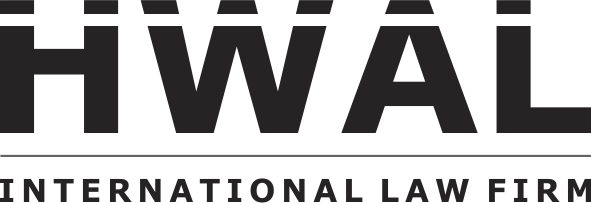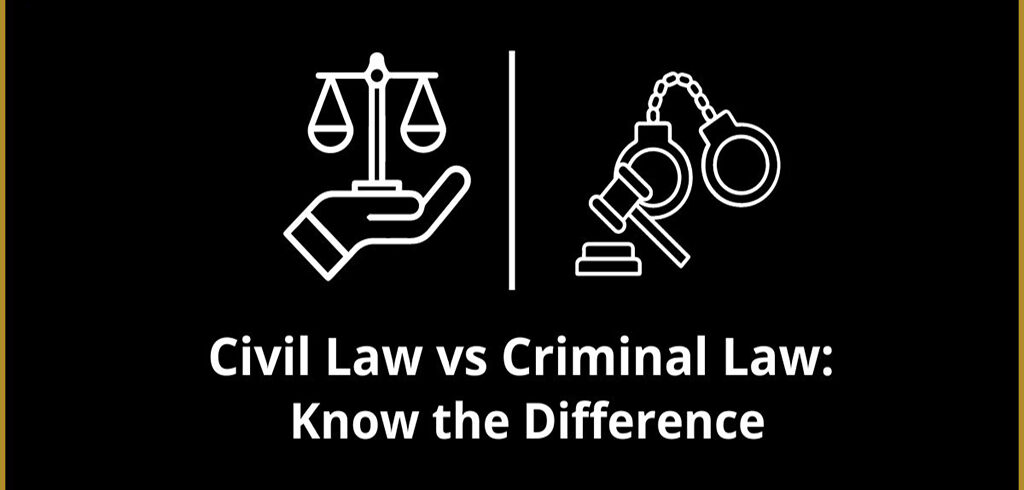
Introduction
Moving to Thailand is an exciting venture, with its picturesque landscapes, rich cultural heritage, and warm hospitality. However, amidst the allure of the Land of Smiles, it’s crucial to navigate the legal landscape with caution. Expatriates and businesses alike often encounter pitfalls when unfamiliar with the legal intricacies of Thailand. In this blog, we explore common challenges faced by those moving to Thailand and shed light on the indispensable role of a Phuket international law firm in mitigating these risks.
Understanding Thai Legal Complexities
Thailand boasts a unique legal system that may differ significantly from what expatriates are accustomed to in their home countries. Navigating the complexities of Thai law can be challenging, and overlooking crucial details can lead to serious consequences. From property transactions to business setups, a lack of understanding of local regulations can result in financial losses and legal complications.
1. Property Pitfalls
One of the most common pitfalls for expatriates is in the real estate sector. Issues such as unclear land titles, leasehold complications, and zoning regulations can catch newcomers off guard. A Phuket international law firm with expertise in property law can conduct thorough due diligence, ensuring that property transactions are legally sound and protecting clients from potential disputes.
2. Business Setups and Work Permits
Establishing a business in Thailand requires adherence to specific legal procedures. From company registration to obtaining work permits for expatriate employees, there are various steps that demand careful attention. A lawyer in Phuket can guide businesses through the entire process, ensuring compliance with Thai corporate laws and regulations.
3. Cultural Nuances in Contracts
Contracts in Thailand may incorporate cultural nuances that differ from Western norms. It’s essential to have legal experts review and negotiate contracts to avoid misunderstandings and disputes in the future. A lawyer in Phuket with international experience can bridge the cultural gap, ensuring that contracts are clear, enforceable, and culturally sensitive.
4. Intellectual Property Protection
Protecting intellectual property is crucial for businesses entering the Thai market. Understanding local patent, trademark, and copyright laws is imperative to safeguard innovations and creative works. A Phuket international law firm can assist in the registration and enforcement of intellectual property rights, preventing potential infringement issues.
5. Navigating Immigration Laws
Thai immigration laws can be intricate, especially when it comes to long-term stays, work permits, and visas. Failure to comply with these regulations can lead to legal complications and even deportation. Engaging the services of a Phuket international law firm can help expatriates navigate immigration laws, ensuring a smooth transition and legal residency.
Conclusion
Moving to Thailand offers a world of opportunities, but it’s essential to tread carefully through the legal intricacies to avoid potential pitfalls. Engaging the services of a reputable Phuket international law firm is not just a precautionary measure but a strategic investment in a smooth and legally compliant transition. By addressing property issues, business setups, cultural nuances in contracts, intellectual property protection, and immigration laws, expatriates and businesses can enjoy the vibrant and diverse landscape of Thailand without unnecessary legal concerns.
Remember, when embarking on a new chapter in the Land of Smiles, having a trusted legal partner in the form of a Phuket international law firm can make all the difference between a seamless transition and a legal quagmire.





